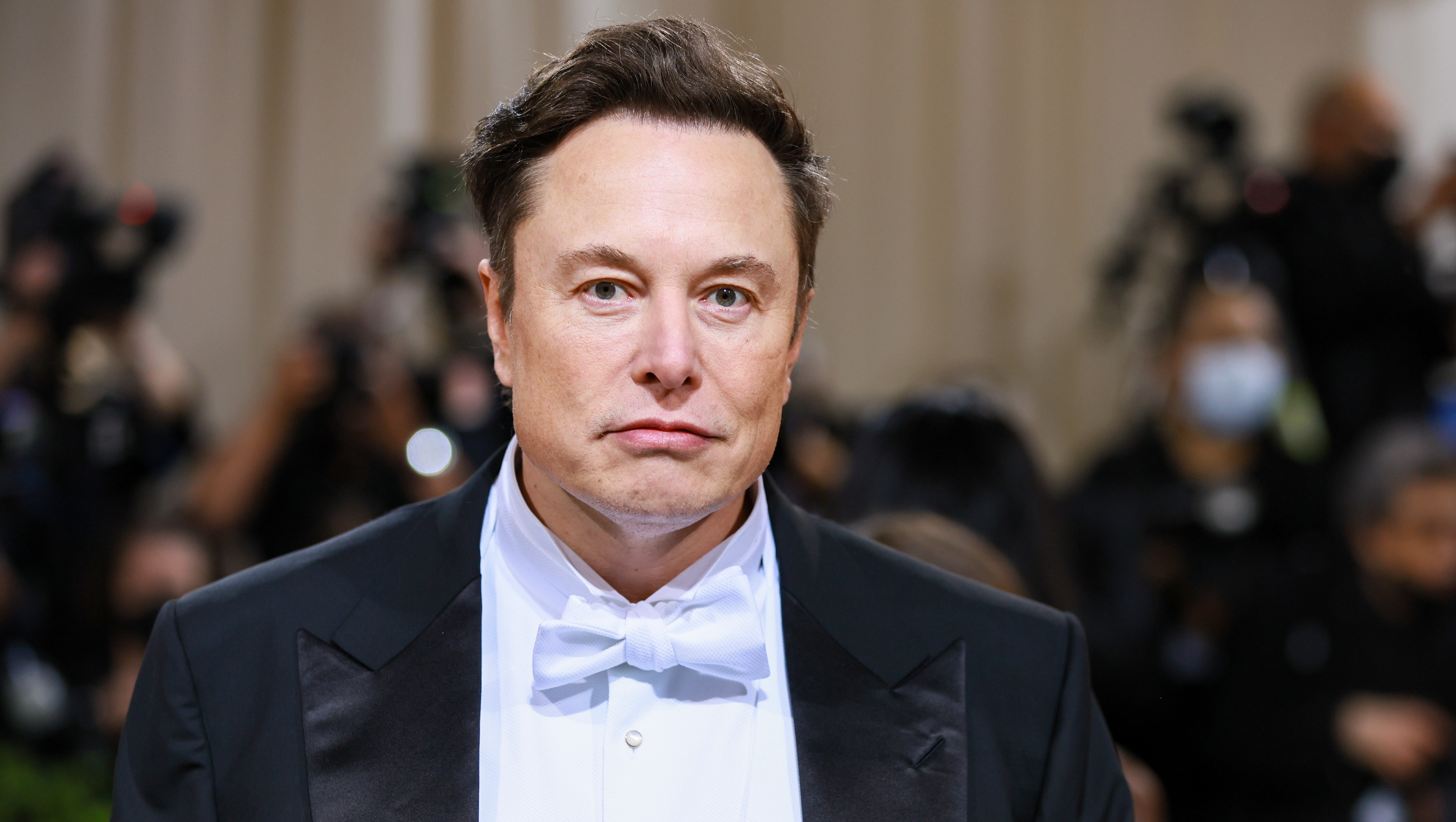Twitter accuses Musk of 'sabotage' and gets the early trial it wanted
Musk tried to bail; Twitter won't let him.

The ongoing saga of Elon Musk's purported Twitter takeover should get some kind of resolution this year, thanks to what can only be interpreted as a win for Twitter in Delaware Chancery Court. A hearing was held on 19 July to determine when Twitter's lawsuit against the tech billionaire should go ahead: the social media company asked for a fast resolution, and a trial in September, while Musk's lawyers wanted a delay and a date to be set for next year.
The judge was Chancellor Kathaleen St. Jude McCormick, and the decision was that a trial date will be set for sometime in October 2022. The court concluded that "delay [of a resolution] threatens irreparable harm" to Twitter, and "the longer the delay, the greater the risk."
This is in the context of the takeover sending Twitter's share price on a wild ride, and also Musk's ongoing habit of tweeting about the company in a negative light while simultaneously trying to take them over. The judge noted this meant Twitter was currently operating under "a cloud of uncertainty".
Twitter wants Musk to be forced to complete the deal. This is one of the powers of a chancery court, which can compel people against their will to go through with transactions. While that would be an incredibly unlikely outcome here, the prospect of it may be what eventually leads to some sort of settlement. One suspects that what Twitter really wants here is to get a chunk of compensation and to move on from the circus.
Should the court compel Musk to complete the deal, it would be at the initially agreed price of $54.20 per share, which values the social media company at approximately $45 billion. The current share price is just under $40. The penalty fee for welching on the deal would be $1 billion.
The hearing itself saw Twitter's gloves come off. Up until this point, Musk has been happily trolling away on social media, most infamously tweeting a poop emoji at Twitter's CEO and making various allegations about the prevalence of bots on the platform, without much in the way of public pushback.
"Mr. Musk is required to use Reasonable Best Efforts to close this deal. "What he is doing is the exact opposite of Best Efforts: it's his best effort at sabotage.""Egregious, breaching, willful conduct." - $TWTR Counsel in Opening Statement (Wachtell) pic.twitter.com/WnAQiUVLOeJuly 19, 2022
Enter Twitter lead counsel William Savitt, who told the court: "Musk has been and remains contractually obligated to use his best efforts to close the deal. What he's doing is exactly the opposite: it's sabotage." Savitt said that Musk's behaviour "inflicts harm on Twitter everyday" and "he's banking on wriggling out of the deal he signed".
Keep up to date with the most important stories and the best deals, as picked by the PC Gamer team.
Musk's defense lawyer Andrew Rossman countered that the billionaire has "no interest in damaging the company" and pointed out Musk currently owns more stock in Twitter than the entire board. He said the trial dates sought by Twitter represented "a preposterous timeframe". The Musk argument ultimately came down to the bots again: that Twitter didn't disclose key information, then refused to supply it in a suitable form, and that the trial should be delayed in order to sift-through the complexities of this argument.
The court's decision was a trial date in October 2022. That result has to go down as a win for Twitter, though of course the real fight starts now. Following Musk's announcement that he intended to pull the plug on the deal, Twitter launched the lawsuit saying he doesn't want to honor his commitment "because the deal he signed no longer serves his personal interests."
Musk had originally offered to buy Twitter for $43.4 billion in April, before entering into a definitive agreement just over a week later. Since then, Musk has looked like he's backtracking, with bots his main area of focus. Following various back-and-forth between the parties Twitter offered to provide Musk with what it called a "fire hose" of every tweet posted every day, but this didn't satisfy him.
"Musk apparently believes that he—unlike every other party subject to Delaware contract law—is free to change his mind, trash the company, disrupt its operations, destroy stockholder value, and walk away," reads Twitter's suit. "This repudiation follows a long list of material contract breaches by Musk that have cast a pall over Twitter and its business."

Rich is a games journalist with 15 years' experience, beginning his career on Edge magazine before working for a wide range of outlets, including Ars Technica, Eurogamer, GamesRadar+, Gamespot, the Guardian, IGN, the New Statesman, Polygon, and Vice. He was the editor of Kotaku UK, the UK arm of Kotaku, for three years before joining PC Gamer. He is the author of a Brief History of Video Games, a full history of the medium, which the Midwest Book Review described as "[a] must-read for serious minded game historians and curious video game connoisseurs alike."

